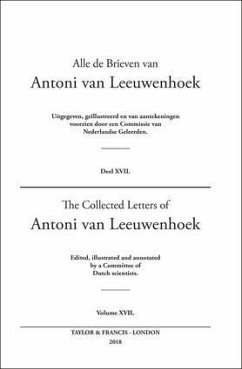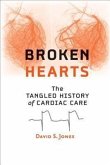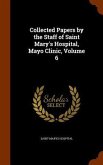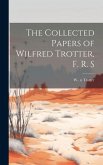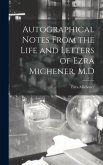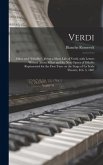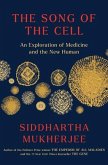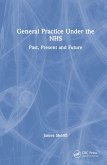The contents of the letters published here, again show the great range of subjects that occupied Van Leeuwenhoek: from sugar candy, the shape and crystal structure of diamonds, the dissolution of silver crystals in aqua fortis to gold dust from Guinea dissolved in aqua regia and the dissolution and separation of gold, silver, and copper. Every volume in the Series contains the texts in the original Dutch and an English translation. The great range of subjects studied by Van Leeuwenhoek is reflected in these letters: instruments to measure water, pulmonary diseases; experiments relating to the solution of gold and silver; salt crystals and grains of sand; botanical work, such as duckweed and germination of orange pips; description on protozoa. blood, spermatozoa and health and hygiene, for example and harmfulness of tea and coffee and the benefits of cleaning teeth.
Bitte wählen Sie Ihr Anliegen aus.
Rechnungen
Retourenschein anfordern
Bestellstatus
Storno

